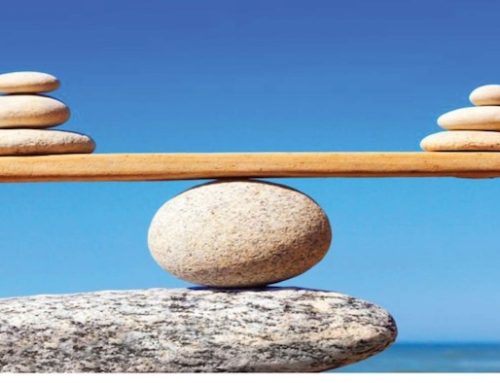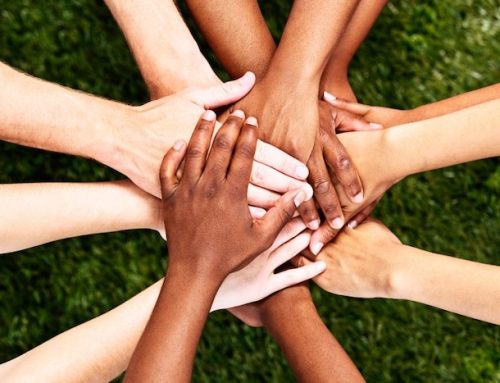British economist John Maynard Keynes warned in his thesis of the “Paradox of Thrift” that if everyone started to save more during an economic recession, a commensurate drop in aggregate demand would actually result in a drop in aggregate savings making everyone worse off. But his thesis doesn’t consider the social and political effects of crisis—of the psychosocial dynamics that also offer the prospect of liberation. His thesis, like those of today’s economic gurus who proclaim econometric prescience may fall victim to an aggregate yawn. Regardless of whether we save more or less, or if the economy rebounds quickly or slowly—or at all—we may all be better off if we embrace the opportunity crises provide: liberation.
If crises accomplish nothing else, they bring to question all the givens—the assumptions that prevailed pre-crisis. They offer an opportunity to cleanse us of beliefs and behavioral norms that rose to prominence not on the backs of principle, but on the exhilaration of deception. The promise of a benevolent technocracy that would assure everyone a piece of the American dream, and the continued benign and covetous admiration of the world are over. The no-money-down McMansions are an artifact that will make cultural anthropologists giggle for many years to come. Our challenge is to find and exploit the silver lining of crisis and affect our liberation; to stop praying at the altar of spending. To step off the treadmill of consumerism and pursue dreams that mean something. To thumb our nose at Mr. Keynes and move on.
This anti-consumerism notion, blasphemous though it may be, could be just what America needs. We may actually win our future back. On the domestic side, we might learn to enjoy the experiences of life, rather than worship the banality of false prosperity. While GDP and taxes would fall, it may finally reign-in our useless elected leaders who continue to spend money we don’t have while lining their pockets with lobbyist’s ‘appreciations.’ Families may have to take care of their own, rather than point their finger at the government. We may have to participate in the education of our children, while schools return their focus to core subjects and away from stylized babysitting programs. We may have to banish our sense of entitlement and replace it with the principles of equity. In short, we may have to become stronger individuals, closer families, and more effective communities.
On the global front, can you imagine the hue and cry from countries like China if the American consumer found greater happiness in less stuff? Can you imagine a world where Americans consume less fossil fuel? We would stop funding our enemies, while improving both our environment and health. Do we really believe that the rest of the world would stop adopting (and/or pirating) our inventions? What if we brought our troops home and decided to reduce our global military footprint? Would we be worth hating anymore?
It’s time to pursue liberation—to question the givens and turn those away who leverage our future with a kaleidoscope of deceptions. To honor our capitalist heritage and allow creative destruction room to work. Isn’t it about time we freed ourselves to apply our unique skills and make something new—something truly great? Crisis and liberation allow us to craft a new perspective and a new, more resilient, identity that just might make us stronger, happier, and yes, even more powerful. Let’s not let this opportunity pass.





